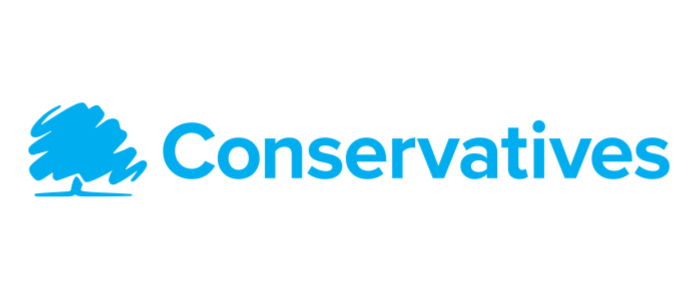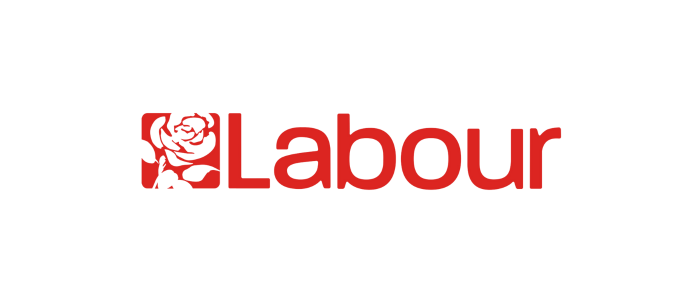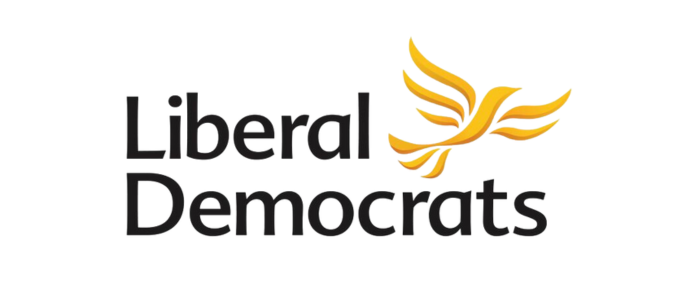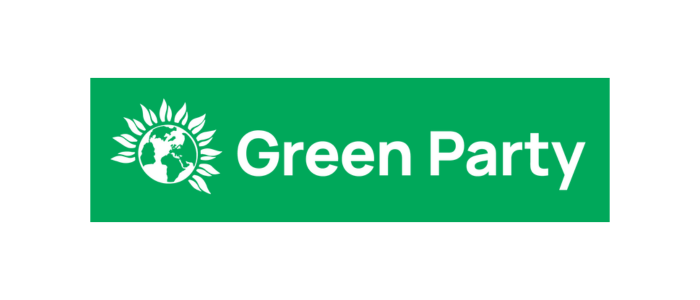
What the Labour Party’s manifesto means for your finances
Labour’s manifesto pledges
Here’s what they have pledged:
- Tax lock: No increase on rates of income tax, NI or VAT rates.
- Remove VAT and business rate exemptions on private schools.
- Invest £855m in HMRC to reduce tax avoidance. Invest in new technology, increase reporting requirements and strengthen tax powers.
- Abolish tax breaks for non-domiciled individuals.
- Close the loopholes in the windfall tax on oil and gas companies.
- Retain the triple lock for the state pension.
What might this mean for you?
We now know that the Labour Party have been elected. We will revisit this section at a later date to review whether their proposed policies are implemented and how they affect people’s finances.
They pledge that there are will be no increases in income tax, NI or VAT rates.
They also plan to remove VAT and business rate exemptions on private schools. Whilst it’s not clear what this could mean for parents just yet, the BBC comment that the proposed change does not necessarily mean fees would go up by the standard 20% VAT rate and it’s likely that private school attendance would fall to an extent.
In an effort to clamp down on tax avoidance, the Labour Party proposes to invest £855m in HMRC. They say the investment is intended to “strengthen HMRC’s powers” to tackle tax evasion to ensure “everyone pays their fair share.”
Labour seeks to abolish tax breaks for non-domiciled individuals and close loopholes in the windfall tax on oil and gas companies.
Retaining the triple lock for the state pension guarantees that pensions will continue to increase 2.5%, in line with wages or inflation – whichever is higher. This statement may reassure pensioners about their financial stability in the face of rising living costs.
These pledges by the Labour Party are all proposed to give – as they mention – “economic stability.”

What the Liberal Democrats manifesto means for your finances
Liberal Democrats manifesto pledges
Here’s what they have pledged:
- Raise the tax-free personal allowance for income tax ‘once public finances allow’.
- Protecting the triple lock so that pensions always rise in line with inflation, wages or 2.5% – whichever is highest.
- Reform CGT to close tax loopholes.
- Reverse tax cuts on bank profits.
- Additional investment in HMRC to tackle tax avoidance and evasion.
- Increase the Digital Services Tax on technology giants from 2% to 6%.
- Name and shame the banks with the worst records on preventing fraud and reimbursing victims.
What might this mean for you?
The Liberal Democrats’ key financial pledges include raising the tax-free personal allowance for income tax “once public finances allow,” which means workers would retain more income before paying any tax.
The proposed CGT reform aimed at closing tax loopholes could result in higher tax liabilities on investment gains, particularly those with substantial assets or investments.
The Liberal Democrats are setting their sights on penalising the big corporations. Ed Davey, the Liberal Democrats leader, has said his party would reverse the “tax cuts given to big banks.” As well as banks, technology giants face having the Digital Services Tax increased from 2% to 6%. So, how could this affect me? Traditionally in these situations, costs are passed on to the consumer so it probably wouldn’t be a surprise if this were to be the case, or the corporations may adjust their business models to maintain profitability.
The valuations and performance of these businesses may be affected, so owners of investment portfolios might want to speak to a professional advisor to see where they stand with potential changes.
Likewise with Labour, the Liberal Democrats pledged to uphold the pensions triple lock which ensures pension income stays robust against inflation, wage increases or a minimum of 2.5%.
In summary, the Liberal Democrats’ financial pledges are designed to build a “fair economy that benefits everyone in the UK.”

What the Green Party’s manifesto means for your finances
The Green Party manifesto pledges
Here’s what they have pledged:
- Implement a new wealth tax of 1% on assets above £10m, and 2% on assets above £1bn.
- Remove the NI upper earnings limit, increasing tax contributions for higher earners.
- To tax investment income at the same rate as earned income.
- Champion a fair system for taxing landowners.
- To ensure the state pension increases in line with inflation and keeps pace with wages.
- Increase the minimum wage to £15 an hour, regardless of age.
- Push for rent controls to be introduced for local authorities.
What might this mean for you?
The Green Party’s financial pledges are centred around “increasing taxes on the super-rich to fund the national health service properly.”
Key among these are the plans to implement a new wealth tax, imposing a 1% tax on assets over £10m and 2% tax on assets over £1bn. This tax aims to raise income from those with substantial wealth to fund other public services and green projects.
Further affecting higher earners, the Green Party propose to remove the upper earnings limit on National Insurance. This means that individuals with higher incomes would no longer have a cap on their contributions, leading to higher payments into the tax system as the Green Party state “tax rates should not fall as income increases.”
For those who own properties, the Green Party intend to implement a fairer tax system for the wealthiest landowners, or as they put it, those with the “most valuable and largest land holdings to contribute the most” to public finances.
The potential introduction of rent controls is another initiative that the Green Party plan to do by capping the rental revenue that second home owners receive from tenants.
They are also committed to ensuring the state pension keeps pace with inflation and wage increases to support retirees.

What Reform UK’s manifesto means for your finances
Reform UK manifesto pledges (aka their ‘Contract with You’)
Here’s what they have pledged:
- Increase income tax threshold from £12,570 to £20,000. Higher rates of tax to begin at £70,000.
- Residential stamp duty to be cut to 0% for properties valued less than £750k – three times the current threshold. Cut to 2% for properties from £750k to £1.5m, and cut to 4% for properties over £1.5m.
- Abolish Inheritance Tax (IHT) for all estates worth under £2m. Currently it’s estates worth over £325k that pay tax.
- Scrap VAT on energy bills, lowering fuel duty by 20p per litre and reduce VAT from 20% to 18%.
- Review pension provision.
What might this mean for you?
The key tax change in Reform UK’s ‘Contract with You’ which will appeal to workers is the pledge to increase the income tax threshold from £12,570 to £20,000. This adjustment means that earnings up to £20,000 would not be taxed so people retain more of their earned income.
Reform UK proposes significant changes to stamp duty rates. Here are their proposed stamp duty rates based on a property’s value:
- Up to £750k: Reduced to 0%
- Between £750k and £1.5m: Reduced to 2%
- Over £1.5m: Reduced to 4%
These changes reduce the upfront costs associated with buying a home and encourages movement within the property market.
Another notable proposal is to abolish Inheritance Tax (IHT) for all estates worth under £2m, applying to “98% of all estates.” This policy could protect a significant amount of wealth from taxation, facilitating wealth transfer between generations.
There are some tax changes that look set to help with everyday expenses. The party intends to lower fuel duty by 20p per litre, reduce VAT from 20% to 18% and scrap VAT on energy bills.
Regarding pensions, Reform UK have committed to reviewing pension provisions, although specific details aren’t provided.

Summary
So, there we have it. That’s our breakdown of what some of the main political parties set out to do in their manifestos ahead of the UK General Election which took place on Thursday 4th July 2024.
- Conservatives set out to reduce taxes for both workers and businesses, abolish stamp duty for first-time homebuyers up to £425k, and ensuring pensions continue to rise with either inflation, wage increases, or a minimum of 2.5%. They also propose tax relief for landlords selling to tenants.
- Labour pledged to maintain current tax rates, remove certain tax exemptions, invest heavily in combating tax evasion, and uphold the triple lock on pensions. They also aim to increase public revenue by tightening tax regulations on large corporations and wealthy individuals.
- Liberal Democrats propose to raise the tax-free personal allowance once finances permit, reform Capital Gains Tax, reverse tax cuts on bank profits, increase digital services taxes, and uphold the pensions triple lock.
- Green Party plans include imposing a wealth tax on high value assets (over £10m), removing the upper limit for National Insurance contributions for higher earners, aligning tax rates for earned and investment income, and introducing rent controls.
- Reform UK aims to significantly raise the income tax threshold to £20k, reduce stamp duty, abolish Inheritance Tax for estates under £2 million, reduce VAT and fuel duty, and review pension provisions.
These financial policies all differ in their own unique way and could potentially influence disposable income, everyday finances, savings, pensions, investments and more.
Time will tell whether the Labour Party will deliver all of these pledges. We’ll be sure to revisit this in a few years’ time!
Disclaimer: Again, we’d like to reiterate that this article was provided for information purposes only and is not intended to influence any political decisions or preferences, nor do we have any political affiliations. The content outlines potential financial impacts based on the publicised manifesto pledges of various parties for the 2024 General Election. Our goal is to help you make the most informed decisions about your insurance coverage, regardless of political context.
We encourage you to conduct your own research by reading the parties’ manifestos and consult with professional advisors to better understand how these policies might affect your own personal financial situation.
Did you enjoy reading this article? Sign up to our newsletter to get more like this sent direct to your mailbox once a month.







